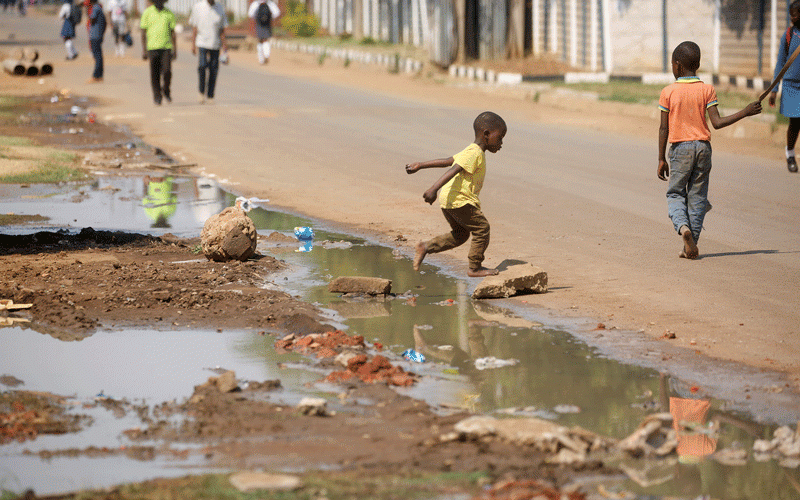
FOR months, Zimbabwe has been battling to stem the spread of cholera in major towns and cities, amid unavailability of clean water. In Chitungwiza, more than five deaths and around 400 cases have been confirmed with the sprawling suburb of St Marys recording the majority of the cases followed by Zengeza and Nyatsime.
NewsDay reporter Sharon Buwerimwe (ND) spoke to Chitungwiza Residents Trust (Chitrest) director Alice Kuvheya (AK) on how they are balancing the water crisis and cholera outbreak among other issues. Below are excerpts from the interview.
ND: How is the water supply situation in Chitungwiza?
AK: We don’t have our own source of water. As I am speaking now, we are buying 20 litres of water at ZWL$600 from private boreholes. If the water is restored at all, it’s often dirty; we don’t use it for drinking. We only use it to wash, bathe and other things. It’s now over three weeks since we last received tap water. The cholera figures are rising. And now that there is an electricity crisis, it’s even more difficult to get water from these people because their boreholes only pump water when there is electricity. As residents we are actually in a dire situation.
ND: To what extent has the situation affected residents?
AK: It’s very sad because right now Chitungwiza has been hit by a cholera outbreak. The absence of water makes the situation worse and raises fears that this disease will spread more. Some residents resort to the bucket system because sewage pipes have since blocked because running water is not available. Furthermore, with limited safe and potable water, the rainy season brings fears of an increase in cholera cases that may further worsen the situation as the unsafe alternative sources of water, the shallow wells, are contaminated through the generally poor drainage system.
ND: Has the municipality not drilled boreholes to ease the water crisis?
AK: Most of the boreholes drilled using the devolution funds are not functioning. Some of these boreholes are being politicised. People are made to pay US$5 or US$10 and they are being locked. Only those who support the ruling Zanu PF party have access to the boreholes without paying.
- Over 115 to exhibit at Mine Entra
- Young entrepreneur dreams big
- Econet bemoans power outages
- Govt opens ChiTown e-passport centre
Keep Reading
ND: What steps are you taking to have this addressed?
AK: As Chitrest we have a 2020 court order when we sued the Minister of Local Government over the issue of water. We had agreed that the municipality receives tap water at least twice or thrice a week and also be supplied with bowsers. There is a ward that hasn’t received water for over 20 years now due to poor infrastructure,the pipes are old and the population has grown. We have over 65 000 houses which are not regularised, but are all benefiting from the council services. However, if we report a burst sewage pipe, we are told that they do not have diesel to attend to the issue, but they have fuel to attend workshops in other provinces instead of prioritising service delivery.
ND: Is the court order working?
AK: We engaged our lawyers and asked why we were not having water in some areas since we have a court order which allows us to get the precious liquid. They said they were still working on it. There is need for unity to fight this issue. The municipality has been quiet, yet it’s also its duty to ensure that residents have access to clean potable water.
ND: What would be the solution to this crisis?
AK: We wish to have our own source of water. We launched a water poverty campaign with NAYO#Muda Dam and as Chitrest we wrote to President Emmerson Mnangagwa asking for the inclusion of the construction of Muda Dam in the budget, but no response has come so far. So we are trying to engage Mnangagwa so that maybe he can address the challenges we are facing.
ND: How did the recalls of opposition councillors affect service delivery?
AK: This negatively affected the residents and was further worsened by the outbreak of Cholera. Now we see endless recalls. We are in the middle of a political crisisand no service delivery in Chitungwiza and illegal selling of lands. So we need to have a dialogue as a country to address these challenges. Recently the opposition said it was disengaging from council and other businesses due to the recalls and we suffered as residents. Residents should have been engaged first so that we are informed.










